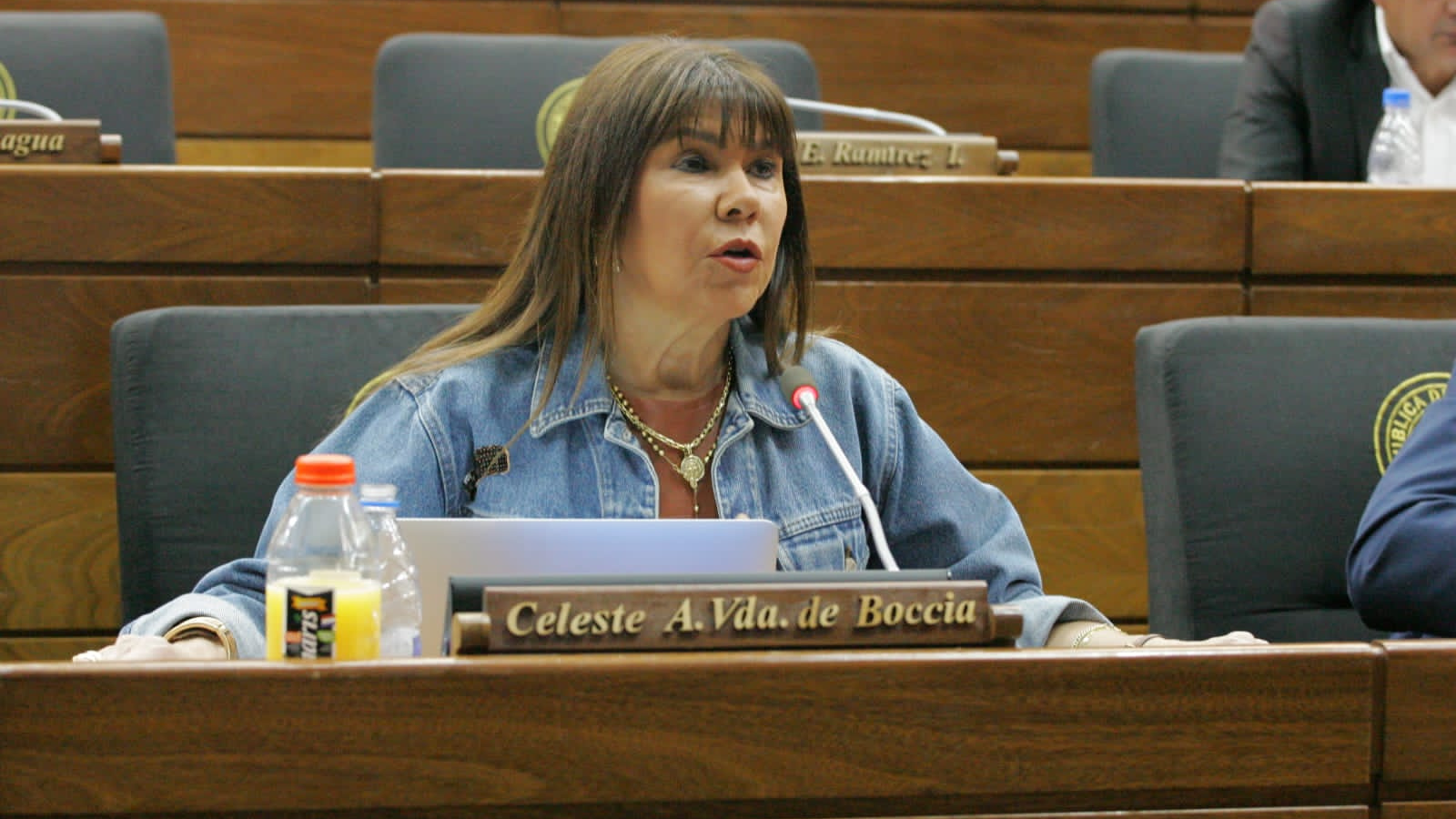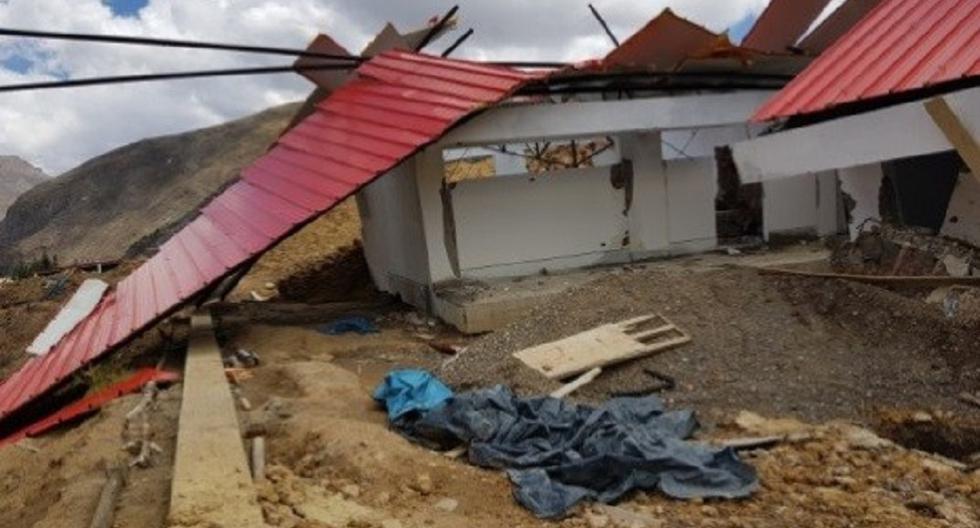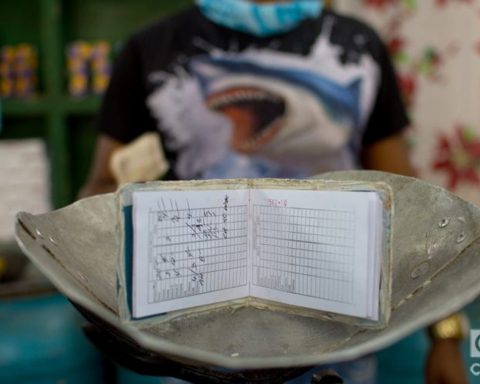Judge Darío Javier Báez communicated via note on Monday, March 28, to the Chamber of Deputies about the complaint he issued against deputy Celeste Amarilla (PLRA). This is due to the complaint of calumny, defamation and insult presented by the also red deputy (chartist) Cristina Villalba.
The legislator gave a press conference, prior to the session of deputies, where she stressed that no parliamentarian could be prosecuted for their statements.
“Judge Báez had to reject this request in limine (from the beginning) and not approve the complaint. He had to read article 191 of the National Constitution. If it had been another criminal type, I would have made my privileges available. But this is the only guarantee we have. We can say what ordinary citizens cannot say. That is the spirit of being a legislator,” he said.
He pointed out that precisely article 191 was drafted so that legislators are free to express their opinions. He announced that, if his immunity is approved, he will turn to his lawyers.
“This is an aberration and will lay the groundwork to censor more parliamentarians,” he said.
Article 191 of the National Constitution (CN) explains that no member of Congress can be prosecuted for the opinions issued in the performance of their duties.
Amarilla denounced before the plenary session of the Lower House about alleged links that Villalba maintains with organized crime. He used newspaper publications as evidence.


















